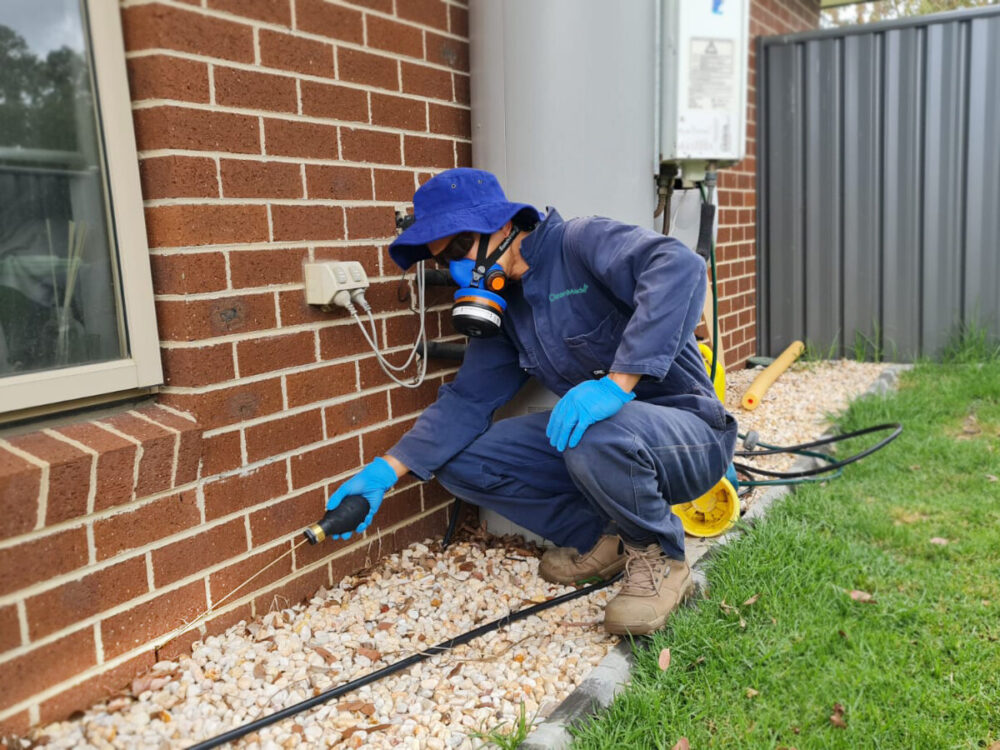Hydroponic gardening has been gaining popularity in recent years due to its many benefits, such as being able to grow plants without soil and using less water. However, with this innovative method of gardening comes the risk of pests and bugs infesting your hydroponic garden. This can lead to crop damage and even failure if not properly addressed. Luckily, there are safe pest control methods that can be used specifically for hydroponic gardens.
One method of safe pest control for hydroponic gardens is the use of natural predators. These include ladybugs, lacewings, predatory mites, and other beneficial insects that feed on common pests like aphids and spider mites. By introducing these natural predators into your garden, you can maintain a balanced ecosystem where the good bugs keep the harmful ones in check.
Another safe option is neem oil, which is derived from the seeds of the neem tree. It has been used for centuries as a natural pesticide because it disrupts pests’ hormonal balance and inhibits their ability to reproduce. Neem oil is also non-toxic to plants and harmless to humans, making it an ideal choice for use in hydroponics.
One challenge with hydroponics is that some pesticides may harm or kill beneficial bacteria https://www.fyple.biz/company/safe-pest-control-pty-ltd-9lvbnfn/ essential for plant growth in a closed system environment. To combat this issue, there are specific pesticides designed for use in hydroponics that target only certain types of insects while leaving other microorganisms unharmed.
Physical barriers can also be an effective way to keep pests out of your hydroponic garden without resorting to chemicals or predators. This includes using insect mesh screens over openings or wrapping individual plant stems with tape strips coated with sticky substances like Tanglefoot® since most insects will avoid sticky surfaces altogether.
Prevention is always better than cure when dealing with pests in any type of gardening setting. One preventative measure specifically beneficial for hydroponic gardens is regular maintenance and cleaning. Regularly flushing your hydroponic system with clean water and keeping the environment free of debris will discourage pests from making it their home.
Cultural practices can also significantly impact the risk of pest infestations in hydroponic gardening. For example, providing adequate spacing between plants reduces humidity levels, making it less likely for common pests like whiteflies and aphids to thrive.
Proper sanitation is crucial in preventing pest problems in hydroponics. Ensure that any new additions to the garden are thoroughly cleaned before introducing them to the system, as they may carry pests or diseases that can spread quickly in a closed environment such as a hydroponic setup.
In conclusion, maintaining a healthy and pest-free hydroponic garden is possible by utilizing safe methods such as natural predators, neem oil, specific pesticides designed for hydroponics, physical barriers, regular maintenance and cleaning, proper spacing between plants, and good sanitation practices. With these techniques combined with your knowledge of AIDA (Attention, Interest, Desire, Action), you can ensure your plants’ safety while producing high-quality crops in your very own indoor garden.


